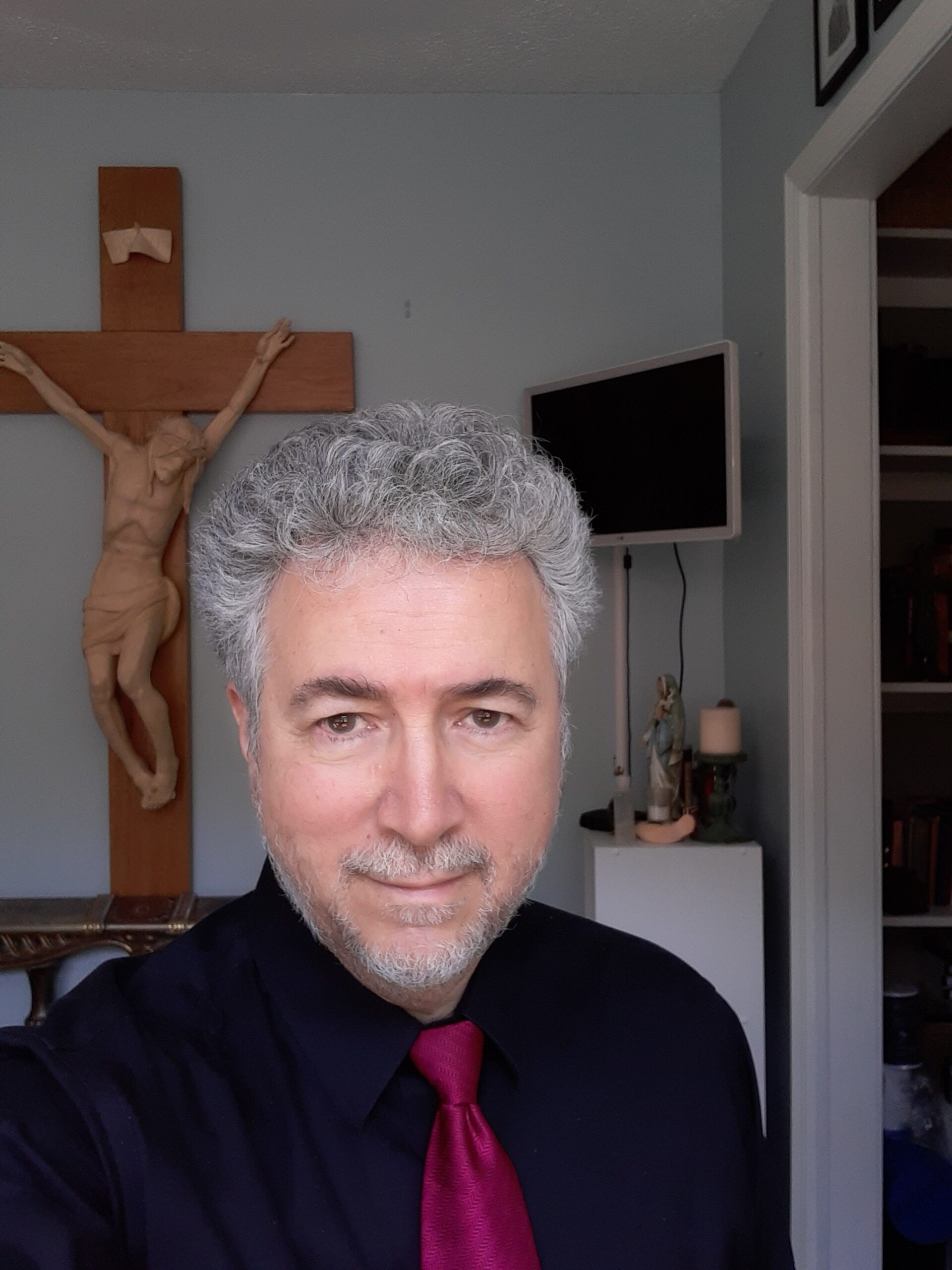One of the most common errors about Catholicism that invariably pops up among non-Catholic Christians is often found in question form:
.
Why don’t Catholics just pray directly to God?
.
In short, Catholic DO pray directly to God. We just recognize the Church is a family. In the order of grace God is Father, Mary is mother (of Christ *and* His mystical body), the saints are our older brothers and sisters, and the angels our friends. Even with physical death all remain spiritually united in Christ. The only ones who are spiritually dead are those who reject God – in Hell and on earth.
‘
If you ever attend a Catholic Mass, you’ll see 95% of the prayers are addressed directly to the Father. The other 5% are to the Son. The angels and saints are recognized as being present, and praying with us and for us.
‘
One point of confusion is the word ‘pray’. Its etymology means “to ask earnestly”. It is this sense that Catholics use the word ‘pray’ when referring to asking intercessory prayer from a saint in Heaven or a friend on earth. But there is a clear understanding that all gifts are from God; and no one worships anything or anyone other than God. Sometimes that worship comes within a family dynamic.
‘
So before you repeat the same constant error that Catholics don’t pray directly to God, or worship Mary and the saints, think before you speak.


JMJ, we love you. Save souls!
Paul was Jesus praying to himself why didn’t he answer the prayer he asked himself when he begged himself “My Father (one part of the trinity of which I am one equal part), if it be possible, let this cup pass from me; nevertheless, not as I will, but as you will.” ? How can one third of an eternal whole, which is equal to the other two thirds beg one other third not to let it suffer?
Jesus was not praying to Himself. Although the divine nature of Jesus is consubstantial with the Father (and the Holy Spirit), the second Person of the Trinity in His human nature was praying to the first Person of the Trinity. We must also remember the human nature of Jesus has its own distinct intellect and will. So when He prays in His creaturely nature in union with His divine nature as second Person of the Trinity, He prays to God the Father. Still, as a divine Person, He prays to the Father from whom He is eternally begotten. It makes sense, then, that as His mystical body we pray with and through Jesus who is both high Priest and victim, to the Father at Mass. While the three divine Persons share the same eternal divine essence, God is still three distinct Persons.